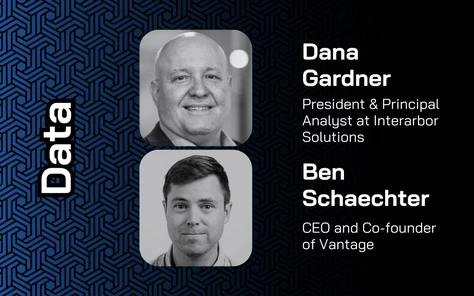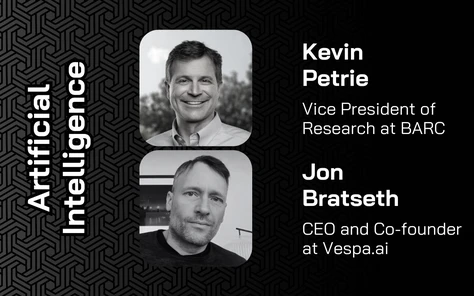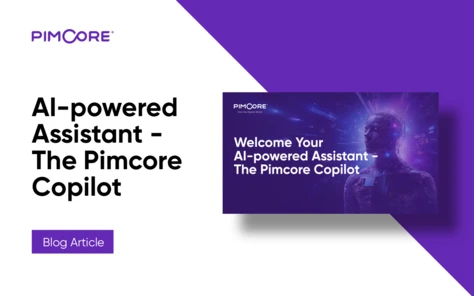What is Google Veo? Inside the AI Video Generator
Dissecting the AI Hype with Amplitude’s Joseph Reeve

As Artificial Intelligence (AI) takes the world by storm, businesses big and small are beginning to embrace what this new and exciting technology has to offer.
But, as discussions around AI risks and regulations ramp up, it can be difficult to separate hype from reality when it comes to implementing AI products and services into business operations.
Joseph Reeve, Engineering Manager at Amplitude, speaks to EM360’s Ellis Stewart about the explosion of AI and how it is shaping the future of the enterprise landscape.
Ellis: AI is obviously an incredibly hot topic right now. How is the explosion of AI impacting business intelligence?
Joseph: “The advancement of AI means there are a lot more consumers of business intelligence (BI) than ever before. Essentially, AI becomes a consumer of BI, where you can use BI data to train and fine-tune models that make business decisions.”
“Some ways we’re looking at this at Amplitude include assisted analysis and anomaly detection. Think about dealing with large volumes of data. It’s really difficult to easily pull insights from massive amounts of data and often requires knowledge about the data, the industry, and analysis in general.
“AI tools can rapidly learn about the data available and have already been trained on many industries and analysis techniques. This means the barrier to entry for getting to the key insight, or ‘aha moment,’ from your data is lower when you’re assisted by AI tools.
“Another important piece of analytics is forecasting. Forecasting is something teams want to be as accurate as possible, so they also want to be aware of any anomalies that may impact their forecasts.
"One common failure with BI tools is that you have so much data that it’s impossible to know where to focus. AI can process huge volumes of data and surface the important signals that need to be acted on immediately or in the near term.
"This means that the large amount of data that previously was useless is suddenly providing quality insights via automated analysis."
Ellis: How can businesses leverage AI to optimise the business value of digital product innovation?
Joseph: “AI can help businesses simplify their products. In many cases, AI can do the thinking for their users, automating actions or making common actions easier.
“One thing I think we’ll see more of is using product data — or user behavioural data — to inform and continuously improve AI models.
With knowledge of past common user behaviour, AI can enable a digital product to adapt exactly to how a user wants to use it. That’s a pretty exciting future when you think about the impact a “self-improving” product could have on the customer experience."
Ellis: Like any new technology, AI comes with its own set of risks. What are some of the key risks associated with AI that businesses need to avoid?
Joseph: “AI models are not perfect. I like to think that decisions made with AI insights need a pinch of salt – and that pinch is interpretability. AI will still get things wrong, and we need to make sure we have humans validating those insights.
“The other important thing to note is that sometimes, by adding AI you risk over-complicating things. There are many cases where AI isn’t needed.
“We’ve already seen people jumping to AI when they just needed a spreadsheet. Teams should think critically about why AI improves the workflow or experience they are trying to achieve before leveraging it.”
Ellis: Do you have any predictions for the future of AI in the enterprise?
Joseph: “I foresee more data partner integrations in the enterprise. Large enterprises have a need for fast, accurate data insights, but they also have much larger amounts of data than smaller organisations.
“Data partners, like Amplitude, have a large centralised database, which means they can train much better models than any of their individual customers can.
“I expect businesses will identify and partner with central data-store owners who can train global models and then fine-tune them for individual customers’ use cases.”
To read more about AI in the Enterprise, visit our dedicated AI in the Enterprise Page.



























